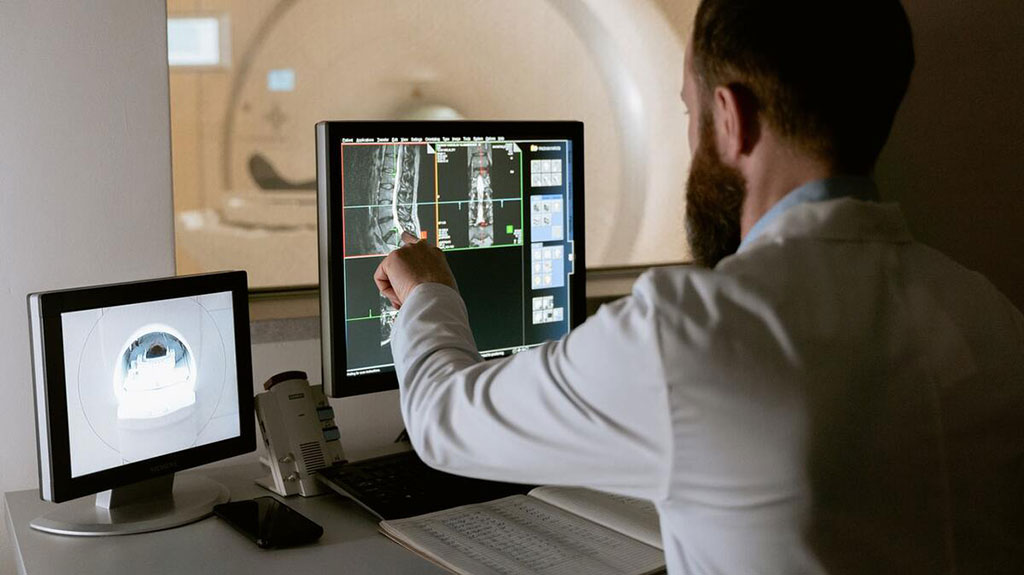New Research Aims to Understand Why Deep Learning AI Can Produce Accurate MRI Images
Posted on 11 Feb 2022
New research begins to explain how it is that deep learning algorithms create accurate images - without a complete dataset.
Researchers at the Washington University in St. Louis (St. Louis, MO, USA) have laid out a pathway to a clear theoretical framework for describing how deep neural networks remove the noise and visual artifacts to create accurate images without a complete dataset from technologies such as MRI machines. The speed of data collection in many kinds of imaging technologies, including MRI, depends on the number of samples taken by the machine. When the number of collected samples is small, deep neural networks can be used to remove the resulting noise and visual artifacts. The technology works very well although there is no standard theoretical framework - no complete theory - to describe why it works.

In a paper presented at the NeurIPS conference in late 2021, the researchers had laid out a pathway to a clear framework. Their findings prove, with a few constraints, that an accurate image can be obtained by a deep neural network from very few samples if the image is of the type that can be represented by the network. The finding is a starting point toward a robust understanding of why deep learning AI is able to produce accurate images, according to the researchers. It also has the potential to help determine the most efficient way to collect samples and still obtain an accurate image.
Related Links:
Washington University in St. Louis














